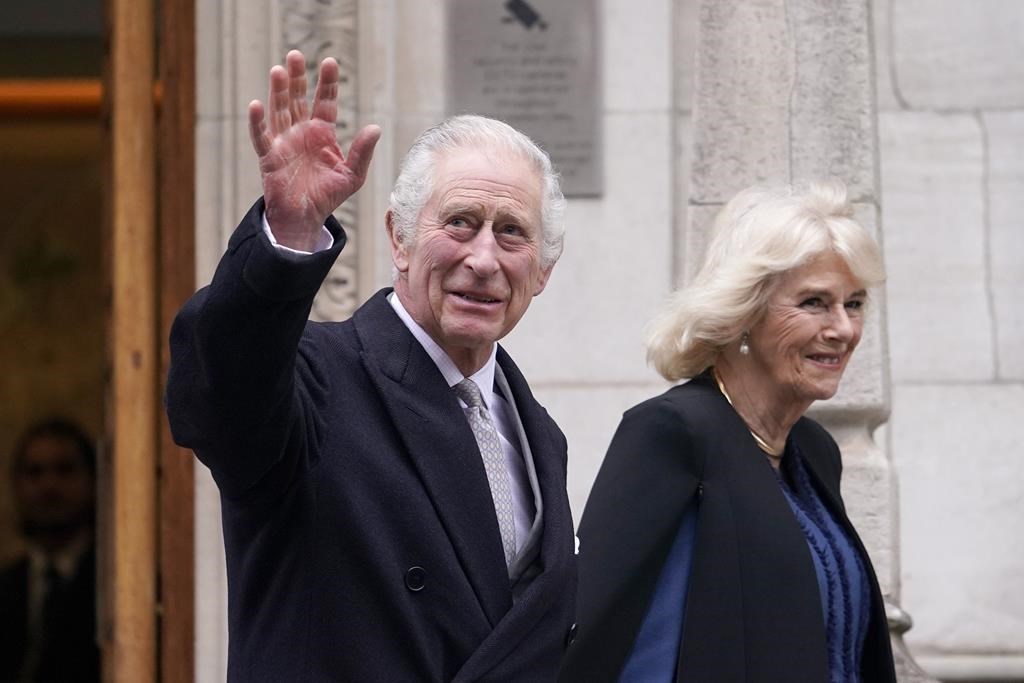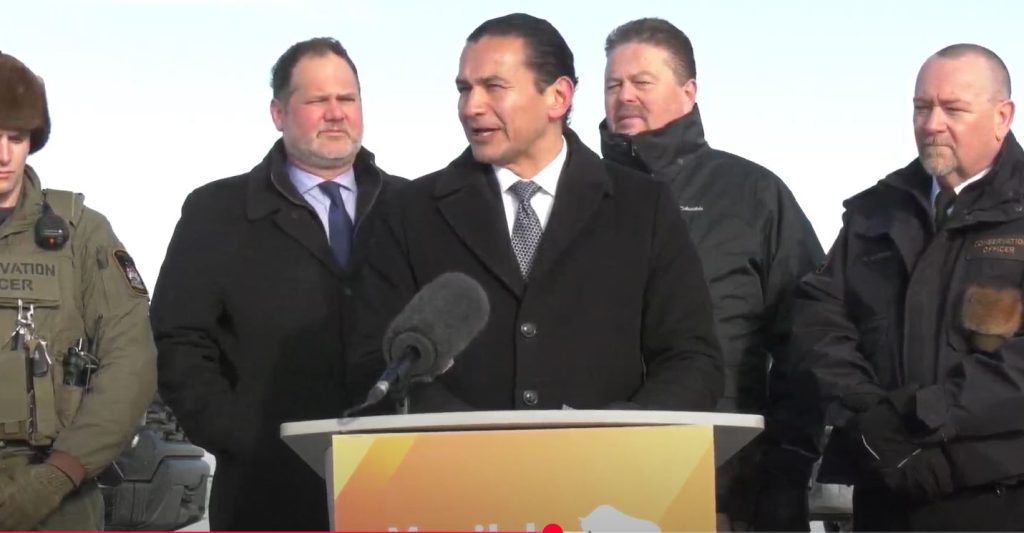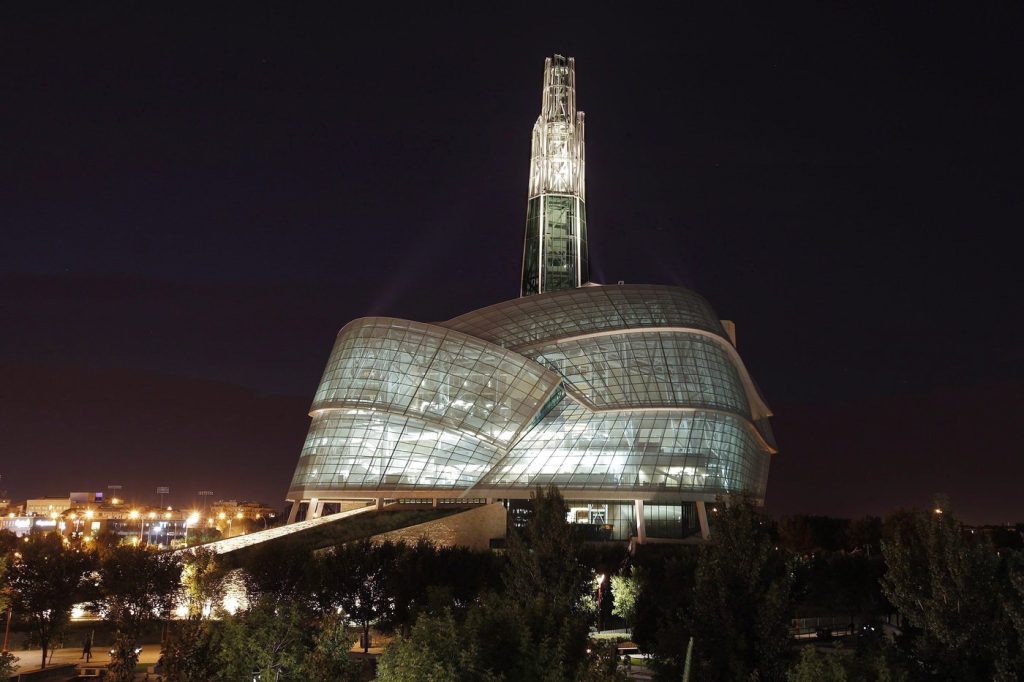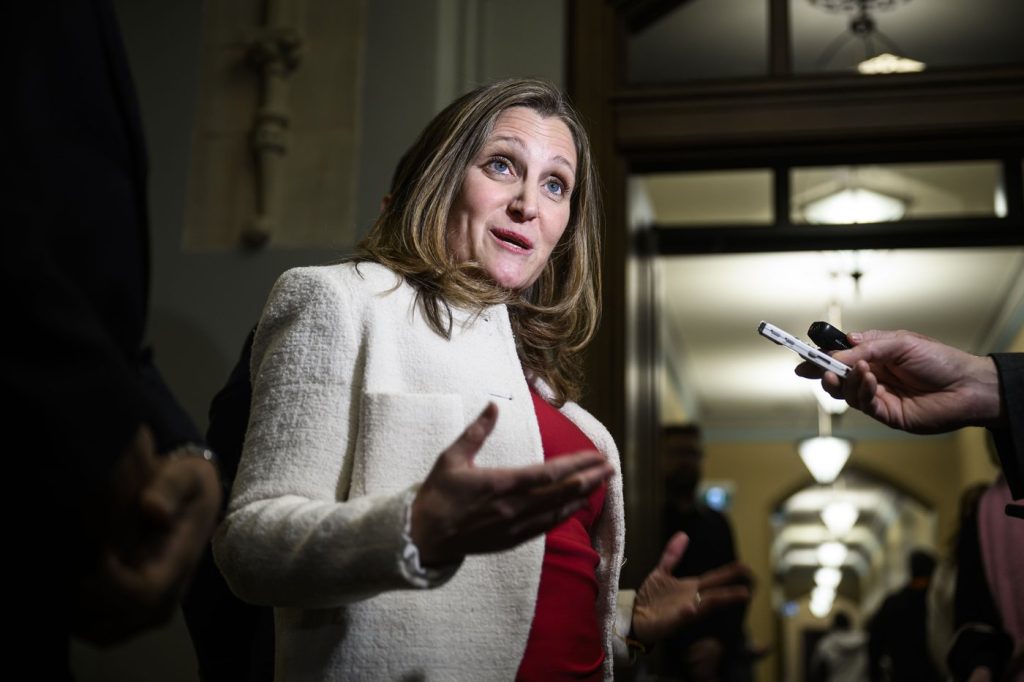King Charles III’s cancer diagnosis lays bare pressures at Buckingham Palace

Posted February 6, 2024 7:10 pm.
LONDON (AP) — King Charles III’s cancer diagnosis heaps more pressure on the British monarchy, which is still evolving after the 70-year reign of the late Queen Elizabeth II.
When he succeeded his mother 17 months ago, Charles’ task was to demonstrate that the 1,000-year-old institution remains relevant in a modern nation whose citizens come from all corners of the globe. Now the king, who turned 75 in November, will have to lead that effort while undergoing cancer treatment.
Buckingham Palace announced Monday that Charles had been diagnosed with an undisclosed form of cancer. The king plans to continue fulfilling his state duties, such as reviewing government papers and meeting with the prime minister, but he will step back from public appearances.
While royal experts say the diagnosis is unlikely to destabilize the House of Windsor, significant pressures remain.
Here is a look at the major challenges facing the royal family.
Aging monarch
Charles waited almost 74 years — longer than any previous heir — to become king. Now, at an age when most of his contemporaries are well into retirement, Charles has had less than two years to put his stamp on the monarchy.
Although the duties of a constitutional monarch are largely ceremonial, the royal whirl can be exhausting. Besides the occasional procession in full royal regalia, there are meetings with political leaders, dedication ceremonies and events honoring the accomplishments of British citizens. That added up to 161 days of royal engagements during Charles’s first year on the throne.
The pressures on an aging monarch aren’t unique to Charles. Denmark’s Queen Margrethe became the first Danish monarch to abdicate in nearly 900 years last month when she handed over the throne to her son, Frederik. Margrethe, 83, had always maintained she wouldn’t quit.
But Britain isn’t Denmark. Queen Elizabeth II stuck by a commitment to devote her life to service before she died on the throne at the age of 96. Charles made a similar commitment during his coronation.
“I don’t think he will go anywhere anytime soon,” said Joe Little, managing editor of Majesty Magazine. “I still think that abdication is not a word that is bandied about at Buckingham Palace. I mean, who knows what the coming years will bring, but with the best will in the world, Charles III will reign as his mother did, and until the moment of his death.”
A shrinking workforce
Charles’ illness comes at an awkward time as he cuts costs, in part by reducing the number of “working royals.”
Not only is Charles stepping away from public duties, his daughter-in-law, Kate, the Princess of Wales, isn’t expected to resume her royal tasks until April after recent abdominal surgery.
With two of the most visible family members out sick, it will be more challenging for the family to keep up. Hundreds of charities look to their connections to the royals to keep interest in their work at a high level.
Who will cut the ribbons, open the swimming pools, shake the hands of civic leaders at institutions across the land if not the Windsors?
“They are resilient. Lord knows the royal family’s been through a lot of things over the years … and they’ve bounced back. But the underlying fact is …. he is 75. The queen is 76,” said Sally Bedell Smith, author of “Prince Charles: The Passions and Paradoxes of an Improbable Life.″
“It’s a reminder that they are vulnerable in ways that people haven’t particularly liked to think.”
Harry and Meghan
Charles’ relationship with his younger son was strained even before Harry and the Duchess of Sussex moved closer to the former Meghan Markle’s home in California and left royal duties in 2020.
Charles told Harry the news about his cancer, and his son traveled to the U.K. soon after it was announced.
But with his book “Spare” and his Netflix series, Harry has been a shadow over the early years of the monarch’s reign. Can illness offer an opportunity for reconciliation?
“That can only be a good sign,” Little said of Harry’s visit. “What will come of that remains to be seen. It’s unlikely that we will be told anything officially by the palace. So, again, a lot of conjecture will come into play. But we think the king and his younger son haven’t seen each other since the coronation back in May.”
“So, it’ll be a welcome meeting from both sides.”
The Monarchy’s relevance
Charles reigns over a country that looks much different from the one his mother inherited in 1952.
Over the past seven decades, the U.K. has become a multi-cultural nation where school children speak more than 300 languages and less than half the population identifies as Christian.
Against this backdrop, Charles has tried to demonstrate the continuing relevance of the monarchy by reaching out to faith leaders, ethnic minorities and each of the four nations that make up the United Kingdom.
Supporters argue this is what makes the monarchy so important. The crown is a unifying force, a symbol of stability in a rapidly changing world and a reminder of the common history and traditions that unite a nation of 67 million people.
But others see a hereditary monarch as anachronistic, a vestige of Britain’s feudal past that can’t possibly represent the people of today. During Charles’ coronation, republican campaigners staged protests calling for the monarchy to be replaced by an elected head of state.
“The monarchy serves at the pleasure of the people. And the people need to believe that the monarchy is in tune with what’s going on in the world,” Smith said. “And, and I think that’s a kind of constant challenge.”
Legacy of empire
While the monarchy is a symbol of Britain’s history, that can be a two-edged sword.
The crown is also a reminder of the British Empire’s dominance of Indigenous people around the world and its role in the trans-Atlantic slave trade.
Charles faces pressure to address these issues, including from Prince Harry, who has called on the royal family to confront its unconscious racism, and Caribbean nations seeking reparations for slavery.
The king responded to these calls by opening the royal archives to scholars researching the monarchy’s links to the slave trade.
He also addressed the misdeeds of Britain’s colonial history during a state visit to Kenya in October.
“The wrongdoings of the past are a cause of the greatest sorrow and the deepest regret,” Charles said during that visit. “There were abhorrent and unjustifiable acts of violence committed against Kenyans as they waged … a painful struggle for independence and sovereignty — and for that, there can be no excuse.”
“In coming back to Kenya, it matters greatly to me that I should deepen my own understanding of these wrongs, and that I meet some of those whose lives and communities were so grievously affected.”
Danica Kirka, The Associated Press








